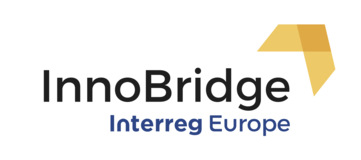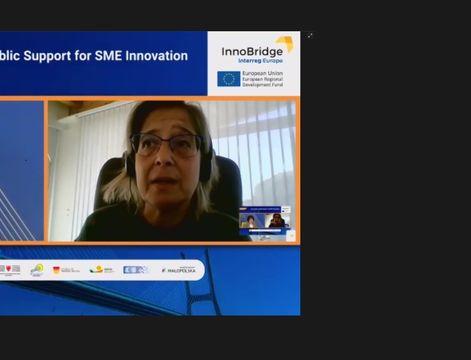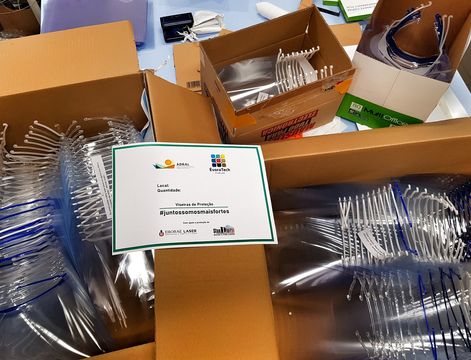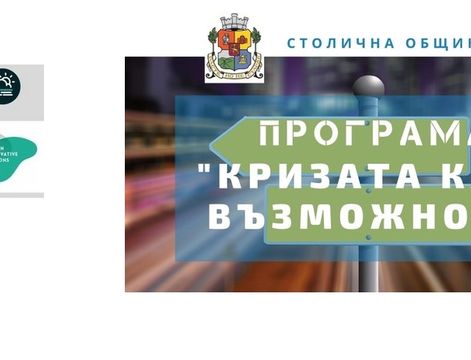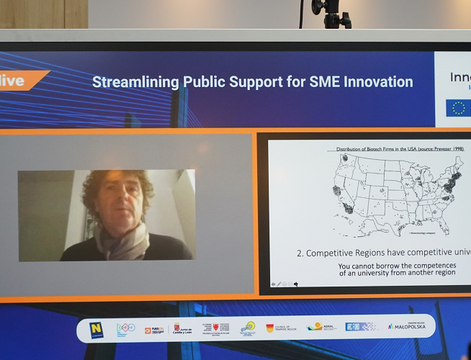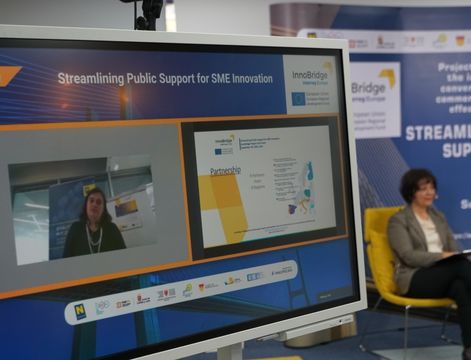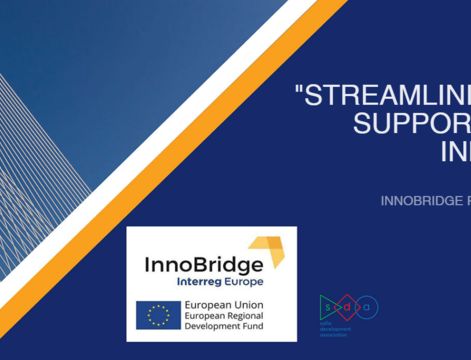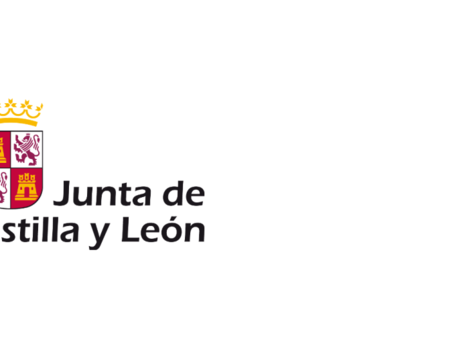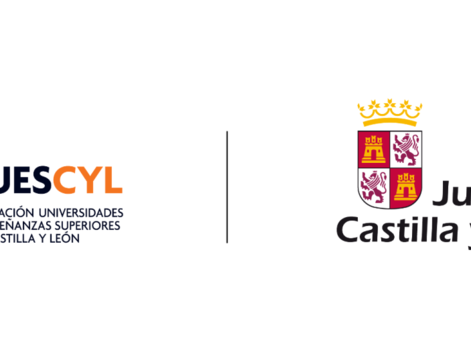The Castilla y León Peer Review workshop was held on 7th March in Tampere, during the 4th Interregional Learning Workshop of the InnoBridge project hosted by the Council of Tampere Region. It dealt with the policy instrument of Castilla y León consisting of two measures, both of them supporting universities directly:
1) TCUE Plan, with the objective of fostering University-Business Knowledge Transfer in terms of better exploitation of R&D results.
2) INFRARED, conceived as a partnership among public universities to acquire and share scientific equipment linked to collaborative projects.
The stakeholders Gregorio Muñoz, Deputy Commissioner for Science and Technology of Castilla y León, and Pilar Garcés, Director General of Universities and Research, introduced the self-assessment carried out in relation with the aforementioned measures and answered all critical questions sent by partners in advance as well as those doubts that raised during the workshop.


Even though the two measures were analysed, the next lines focus on the TCUE Plan. Its main objective is to connect university and enterprises within the framework of smart specialisation of Castilla y León, identifying niches of scientific and economic specialisation, establishing strategic public-private partnerships, boosting application of knowledge as an asset of the regional economy, and promoting the entrepreneurial spirit and culture of innovation in the university. Specifically, the self-assessment of the following sub-measures was developed:
• Innovative University. Generalization of knowledge-transfer activities.
• University–Business Projects. University-Business challenge.
• Entrepreneurial University. Entrepreneurial Campus.
During the Peer Review workshop, partners evaluated positively the TCUE Plan in terms of commercialization of R&D results, considering the above three sub-measures also valuable. Furthermore, they also pointed out the involvement of all universities of the region and the strong cooperation between them concerning the use of R&D as great strengths.
Partners also considered that there is room for improvement of some aspects of the TCUE Plan, suggesting: further development of the impact monitoring system, strengthen of the collaboration between universities and companies, increase of critical mass of new companies searching for university services and finding additional financing sources.
In addition, partners also proposed some ideas for improvement of the TCUE Plan, mainly related to “breaking the ice” between enterprises and universities to facilitate collaboration between them and simplification of administrative burden in the management of ERDF funds. Some of these suggestions were: 1) organising open days for companies at the universities of the region; 2) compiling and narrating success stories as showcases and motivation for SMEs; and 3) simplifying of staff costs through the definition of a fixed hourly rate for university staff.
The Peer Review workshop offered a great opportunity to discuss the Castilla y León support policies with several experts from other regions of Europe, who provided interesting input for their further improvement. All their valuable suggestions will be taken into account for the development of the Action Plan.
